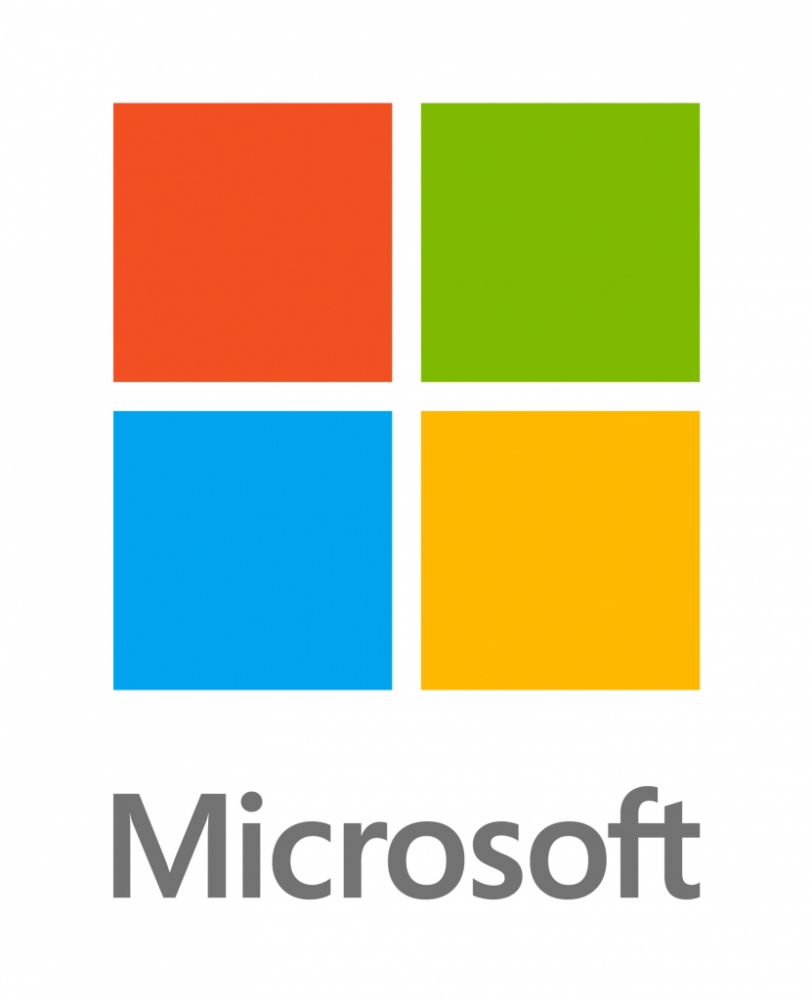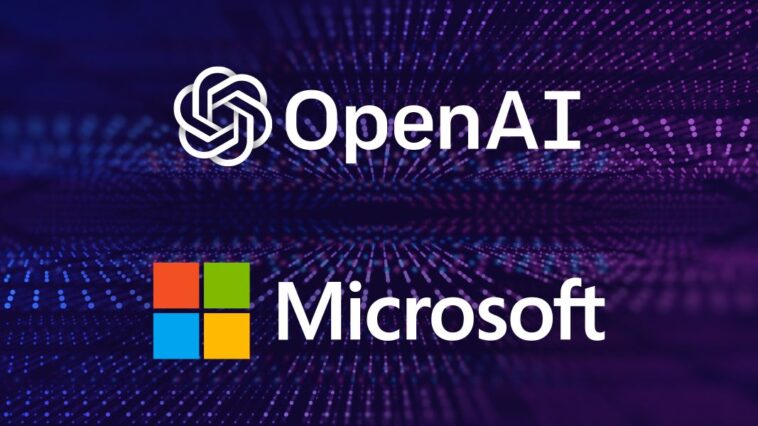Artificial Intelligence (AI) has transformed the technological landscape, and Microsoft stands as a prominent leader in this rapidly evolving field. From enhancing productivity tools to leading groundbreaking research in AI ethics and sustainability, Microsoft’s influence extends across various sectors. So, what makes Microsoft a leader in AI? In this article, we’ll explore the six ways Microsoft is spearheading AI initiatives and reshaping the future of technology.

1. Azure AI Services
Microsoft’s Azure AI platform is a cornerstone of their AI initiatives. Azure AI offers a robust suite of tools designed to make AI accessible for businesses of all sizes. From machine learning models to cognitive services, Azure AI provides developers and data scientists the tools they need to build, train, and deploy AI models quickly and efficiently.
Azure’s Integration with Machine Learning
One of the standout features of Azure AI is its seamless integration with machine learning. Azure Machine Learning offers a streamlined environment for creating models, allowing teams to automate many of the manual processes associated with training and fine-tuning algorithms. Whether it’s for predictive analytics, speech recognition, or natural language processing, Azure is driving innovation by powering AI across industries like healthcare, finance, and retail.
2. Microsoft’s Responsible AI Framework
While the capabilities of AI are expanding, so are concerns about its ethical implications. Microsoft has responded to these challenges by implementing a Responsible AI Framework. This framework ensures that AI technologies are developed and deployed ethically, safeguarding fairness, transparency, and accountability in AI systems.
Addressing Bias and Fairness in AI
One of Microsoft’s key initiatives under its Responsible AI Framework is tackling bias in AI models. They’ve invested heavily in research to mitigate biases that can emerge from AI systems, ensuring that these technologies make fair and unbiased decisions, whether it’s in hiring, lending, or criminal justice.
3. Collaboration with OpenAI
Another major move that highlights Microsoft’s leadership in AI is its close partnership with OpenAI, the organization behind models like GPT-4. Microsoft has made significant investments in OpenAI, driving forward the capabilities of generative AI models.
GPT-4 Integration with Microsoft Products
Through this partnership, Microsoft has integrated GPT-4 into various products, including Microsoft Office 365. This integration enhances everyday tools like Word, Excel, and Outlook with advanced language models that provide everything from real-time grammar corrections to suggestions on document structure. The power of AI is now at your fingertips, thanks to these innovative tools.
4. AI in Healthcare with Microsoft Cloud
AI’s impact isn’t confined to traditional tech industries. In the realm of healthcare, Microsoft has revolutionized the way diagnoses and treatments are handled through its AI-powered tools and Microsoft Cloud for Healthcare. By integrating AI with medical data, Microsoft is enabling doctors to diagnose diseases faster and more accurately, ultimately improving patient outcomes.
AI for Diagnostics and Treatment
Microsoft’s AI is making waves in medical diagnostics, particularly in the areas of imaging and predictive analytics. AI models can now scan images such as MRIs or X-rays, detecting anomalies faster than human doctors in some cases. This means faster detection of conditions like cancer and more timely treatment options for patients.
5. Microsoft’s AI for Earth Initiative
In a time where sustainability and climate change are hot topics, Microsoft is applying its AI expertise to tackle environmental challenges through its AI for Earth Initiative. This project leverages AI to help solve some of the world’s most pressing environmental issues.
Monitoring Environmental Changes through AI
Microsoft’s AI tools are being used to monitor and predict environmental changes, including tracking deforestation, wildlife populations, and climate shifts. This data helps scientists and conservationists make better decisions about protecting endangered ecosystems and addressing the global climate crisis.
6. AI Integration in Microsoft 365
Lastly, Microsoft is making AI more accessible for everyday users through its AI-powered tools in Microsoft 365. These tools are designed to enhance productivity and streamline workflows for businesses and individuals alike.
AI-Powered Virtual Assistants in Microsoft 365
The integration of virtual assistants like Cortana is a perfect example of how Microsoft uses AI to improve user experience. Whether it’s scheduling meetings, setting reminders, or drafting emails, Cortana uses AI to simplify tasks, making it easier for users to manage their day-to-day responsibilities.
Conclusion
Microsoft’s approach to AI leadership is multifaceted, blending cutting-edge technology with ethical considerations and real-world applications. Whether it’s through Azure AI, partnerships like OpenAI, or initiatives like AI for Earth, Microsoft continues to push the boundaries of what AI can do. As AI becomes an increasingly integral part of our lives, Microsoft’s influence in shaping the future of this technology is undeniable.
FAQs
FAQ 1: What is Microsoft’s Azure AI?
Azure AI is Microsoft’s cloud-based platform that offers a suite of AI tools and services, including machine learning, cognitive services, and bot development frameworks.
FAQ 2: How does Microsoft ensure responsible AI development?
Microsoft has implemented a Responsible AI Framework that focuses on ethical considerations like fairness, transparency, and accountability to prevent bias in AI systems.
FAQ 3: What is the partnership between Microsoft and OpenAI?
Microsoft has a strategic partnership with OpenAI, including a significant investment, which helps integrate powerful AI models like GPT-4 into Microsoft’s product ecosystem.
FAQ 4: How is Microsoft AI impacting healthcare?
Microsoft’s AI tools are revolutionizing healthcare by improving diagnostic accuracy, enabling early disease detection, and helping doctors provide personalized treatment options.
FAQ 5: What are the key AI-powered tools in Microsoft 365?
Key AI-powered tools in Microsoft 365 include Cortana, AI-driven grammar and style suggestions, predictive text, and tools that enhance collaboration and productivity across Office applications.



GIPHY App Key not set. Please check settings